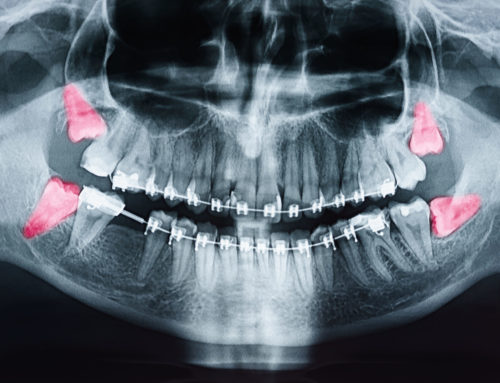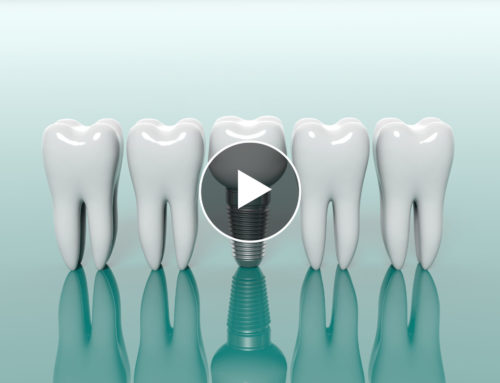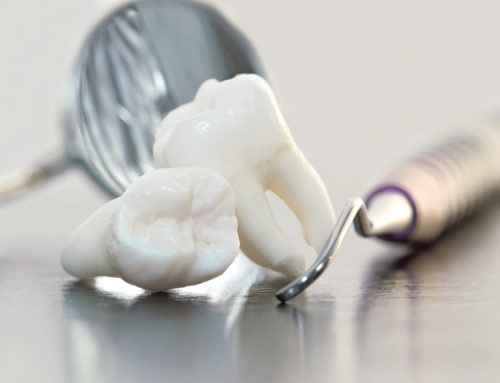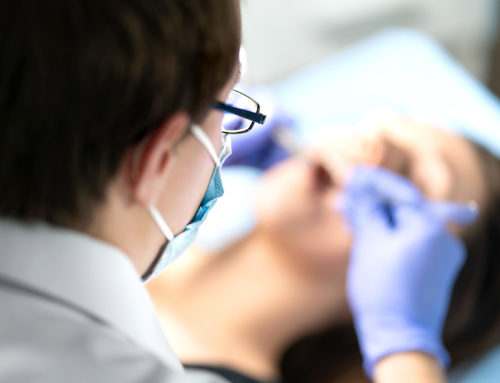Pulling Teeth!
Are you feeling overwhelmed about having wisdom tooth extractions and want some peace of mind? Well, you’re not alone! Many dental patients feel apprehensive about the whole idea of oral surgery regardless of their age. However, there is good news! Before your surgery, you can ask all those burning questions and get answers that help address your top concerns. Fortunately, the oral surgeons and dental physicians of OMSH have the knowledge-base and expertise you need concerning dental extractions. Read on to learn about the top 5 questions people ask and how they experience successful outcomes with OMSH.
Skilled Oral Surgeons are Wisdom Tooth Experts
Before we get into addressing the most common questions dental patients ask, there’s something you should know. The most important step to take when preparing for any dental procedure is to choose a uniquely trained and experienced oral surgeon. Oral and Maxillofacial Surgeons (OMS) are dental and medical practitioners with dual licensures. They must complete a demanding and comprehensive residency program after they graduate from dental school. Oral surgery programs range from 4 to 6 years and the top programs include a medical degree. So, who better to ask about pulling wisdom teeth than an advanced oral surgeon like an OMS?
Top 5 Questions to Ask About Wisdom Tooth Extractions
Unfortunately, most of us will have to get our wisdom teeth removed sooner or later. Dental extractions usually happen because of molar impaction that causes crowding and frequent pain and discomfort. And if we don’t seek dental treatment we could develop a serious infection.
However, if you do have to have oral surgery, be sure to inquire about the procedure and recovery process. This will help you know what to expect. Below, are some important questions to ask your oral surgeon before the procedure:
What Type Of Anesthesia Will You Use?
There are four main types of anesthesia that oral maxillofacial surgeons use for dental extractions. In every case, patients are comfortable and don’t feel any pain associated with the extraction procedure. They consist of –
-
- Local anesthesia – which is the most common anesthetic, given directly at the site of the extraction.
- General anesthesia – for people who are more anxious about oral surgery. Practitioners administer this intravenously or through inhalation to help patients relax.
- Nitrous Oxide – AKA laughing gas, is another very common anesthesia that kids will inhale to relax and feel comfortable during the procedure.
- Lastly, there is sedation anesthesia which surgeons will administer intravenously. In this instance, the patient is completely unconscious and relaxed. Surgeons use this form of anesthesia for procedures that will require more time and multiple incisions.
OMSH makes all of these options available for wisdom tooth extractions, but will only offer what makes sense for each patient. Furthermore, their choice will also depend on the complexity of the extraction procedure. So, be sure to ask your surgeon what type of anesthesia is likely to be used and its effects.
How Long Does the Procedure Take?
Depending on the location of your wisdom tooth, the time and complexity of the extraction procedure may vary. But, on average, the entire procedure takes around an hour to an hour and a half. This includes the time you need for the sedation to kick in, and the time they need to monitor you after the anesthesia wears off.
What Are the Risks Involved with Wisdom Tooth Extractions?
Overall, wisdom tooth extractions generally do not cause any long-term complications. Yet, they may, on rare occasion, cause the following issues:
-
- Extended post-surgical discomfort and swelling
- Damage to the adjacent teeth, nerves, or jawbone
- Infection in the socket
This is why it’s important to discuss with your doctor what the risks are for developing any of these complications. An oral maxillofacial surgeon will recommend ways to prevent or reduce any adverse effects from the surgery through post-operative instructions.
Are There Any Steps to Follow Before the Procedure?
Certain foods and medications can alter the effects of anesthesia and you don’t want this to happen! So, you may be required to fast and/or stop taking certain medications beforehand as a precaution. Then, after the procedure, the surgeons will instruct you on when to start eating again and resume taking meds.
Also, you may want to have someone help you prepare your home and bedroom for some downtime and assist you after surgery. This way, when you get back home, you can rest and help ensure a successful healing process. So, make sure you have soft foods, lots of liquids, filled prescriptions, pillows, and ice packs ready for use after the procedure. Making preparations beforehand is a lot easier and less pain-staking compared to trying to do this when you get home from the procedure.

Are There Any Post-Op Instructions To Follow?
Yes! You should discuss post-operative care with your oral surgeon beforehand. Your doctor will provide detailed instructions on how to deal with bleeding, swelling, bruising, and pain. You will also have a list of what type of foods and beverages to avoid, how long to rest, and how to clean your mouth. If at all possible, have someone assist you at home for at least the first 24-48 hours.
Most importantly, you’ll want to keep an eye out for potential complications. If you experience persistent pain or worsening swelling and symptoms you should contact your oral surgeon immediately. Lastly, make sure to go to your follow-up appointment so the oral surgeon can ensure that your mouth has properly healed.
Get Started With an OMSH Consultation
We know that having teeth pulled is not always something people want to talk about. But, if the time comes that you need wisdom tooth extractions, we’re the perfect dental physicians to consult with. OMSH performs every extraction with gentle precision while consistently focusing on your comfort and peace of mind. We evaluate each case individually and help you decide if an extraction is a right option for you.
Also, we’ll recommend the safest and most comfortable anesthetic option for your unique case. So, if you’re ready to ask questions, we have the answers you need. Call us at 713-804-6055, or click here to request an appointment online.






